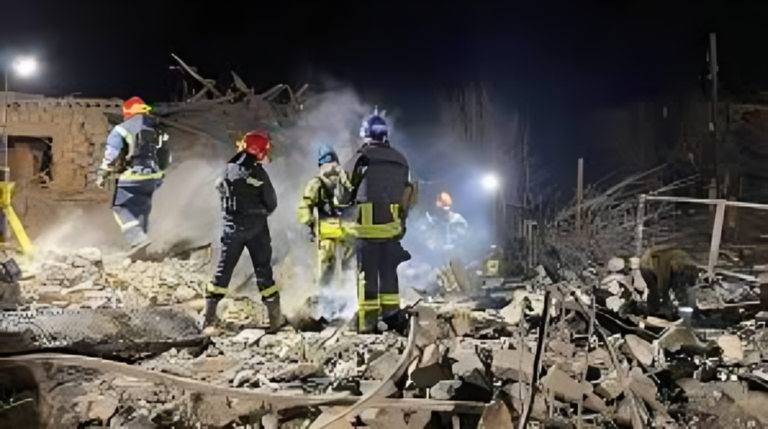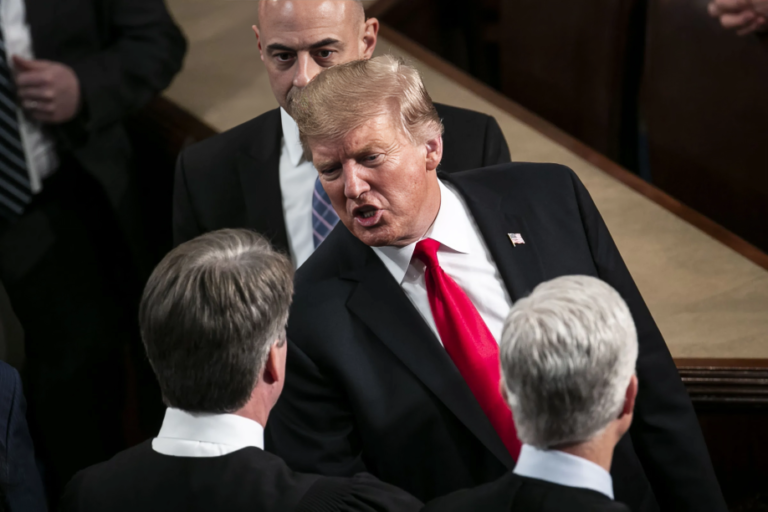Amid fragile optimism and cautious hope, the top United Nations official for Syria issued a stark warning Wednesday about the perilous path the war-torn nation still faces. While recent decisions by the United States and European Union to lift sanctions suggest a potential turning point, the threat of renewed conflict and deepening divisions looms large over a country scarred by years of violence.
Geir Pedersen, delivering his assessment to the UN Security Council via video from Damascus, emphasized the persistent fragilities within Syria’s complex tapestry of ethnicities and factions. The recent violence against the Druze minority, following earlier clashes targeting Alawite communities, underscores the urgent need to address rising polarization. “The challenges facing Syria are enormous, and the real dangers of renewed conflict and deeper fragmentation have not yet been overcome,” he warned.
Despite these sobering realities, Pedersen expressed a glimmer of hope. He noted that the recent announcements by President Donald Trump to lift U.S. sanctions, along with a similar move by the European Union, and supportive gestures from Saudi Arabia, Qatar, and Turkiye, could mark a “historic” shift. These measures, he said, have the potential to significantly improve living conditions and bolster the country’s faltering political transition.
“Sanctions relief and financial and energy support could help Syrians confront the legacies of misrule, conflict, abuses, and poverty,” Pedersen stated. “They offer a chance for the people to build a future beyond the shadows of war and hardship.”
Syria’s brutal 13-year conflict culminated last year in the ousting of President Bashar Assad following a swift rebel offensive, ending over five decades of Assad family rule. The new government, led by figures like Ahmad Al-Sharaa, insists that Syria’s long-standing heritage of coexistence must be safeguarded. Yet, the nation remains mired in chaos, with 90 percent of its population living in poverty and more than 16.5 million people needing humanitarian aid, including nearly 3 million facing severe food insecurity, according to UN humanitarian chief Ramesh Rajasingham.
The situation has drawn sharp concern from international voices. US Secretary of State Marco Rubio warned the House Foreign Affairs Committee that Syria might be “on the verge of collapse,” cautioning that such a scenario could reignite civil war and turn the country back into a battleground for militant groups like Daesh.
As Syria stands at this critical juncture, the world watches closely. The path ahead remains uncertain, but the hope is that recent political gestures and renewed international engagement could finally steer the nation toward stability and peace. Yet, the shadows of conflict and division continue to threaten this fragile prospect of renewal.











+ There are no comments
Add yours